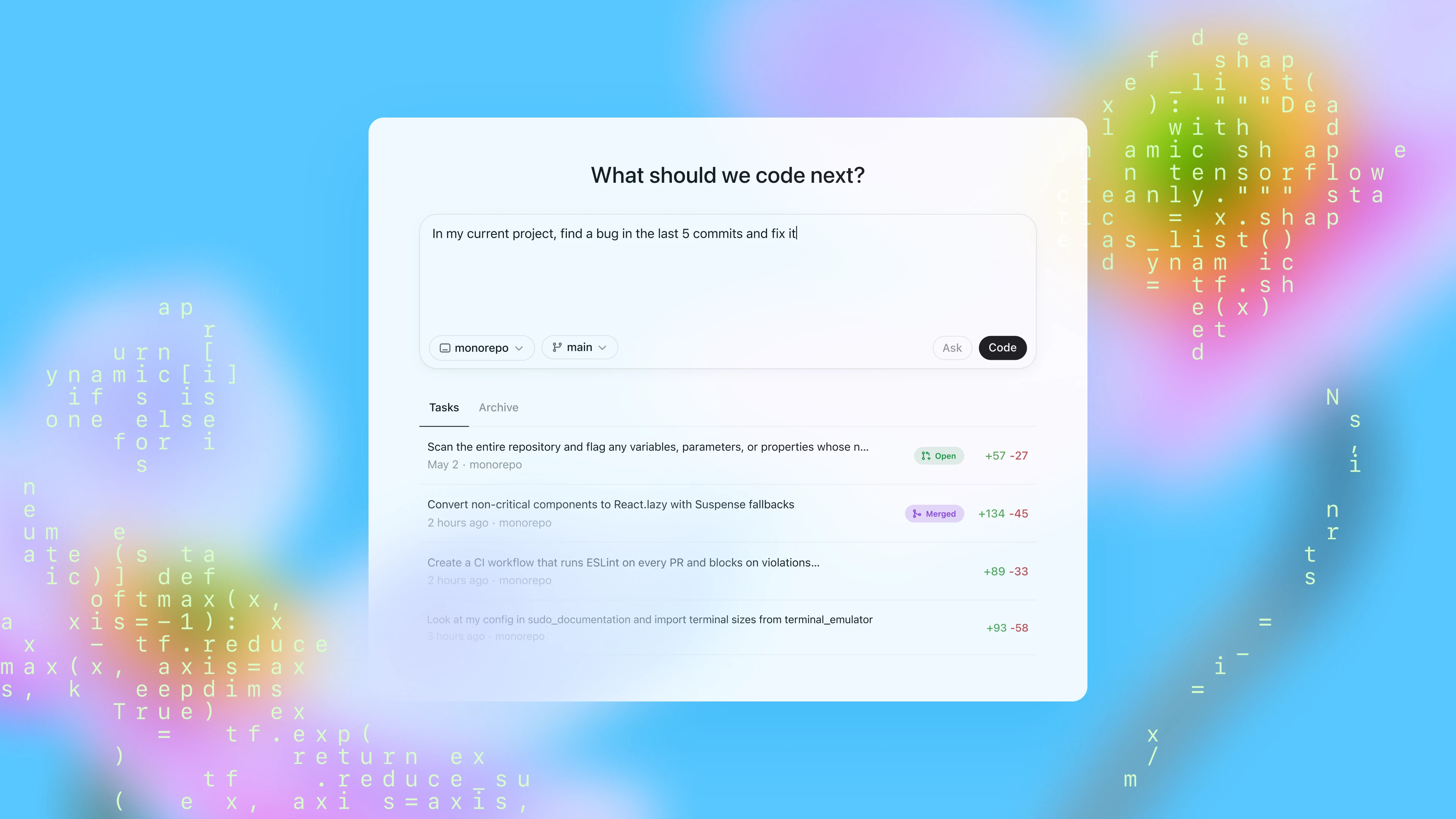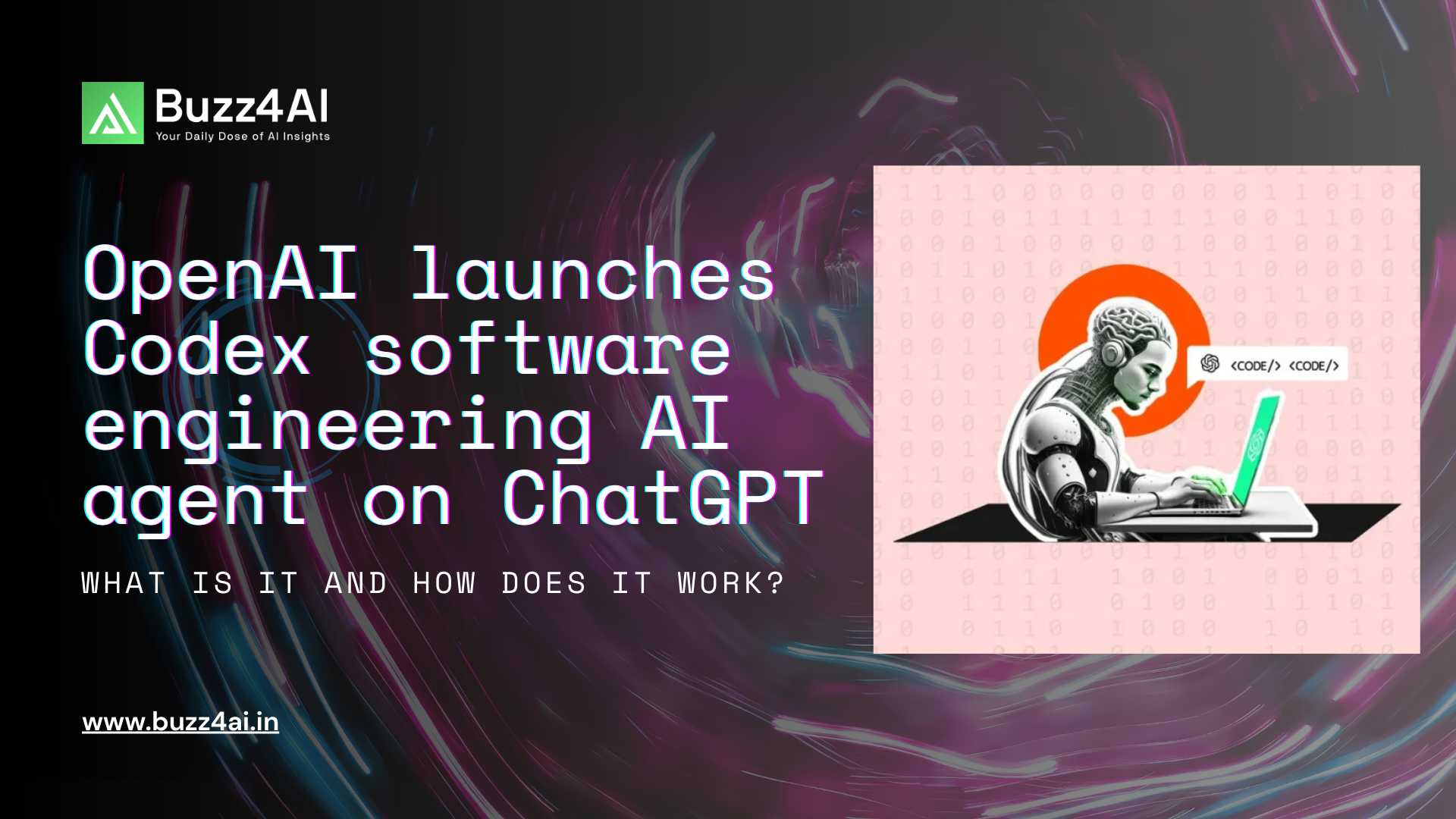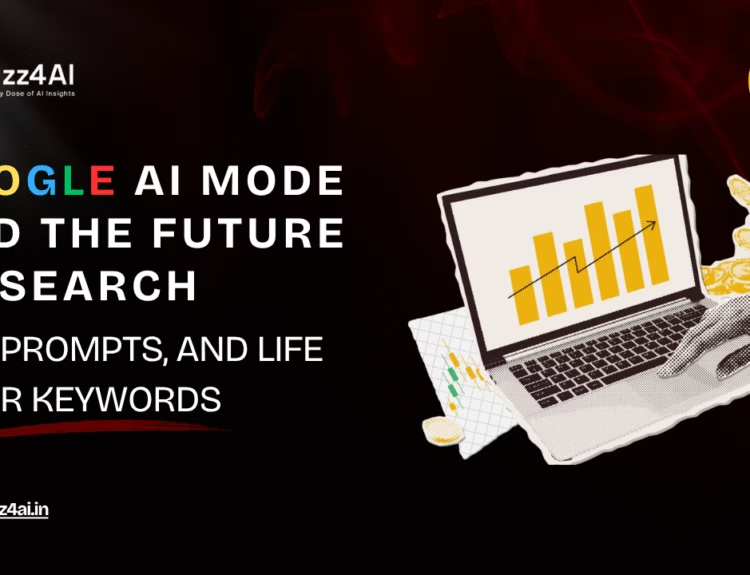Codex software engineering AI agent on ChatGPT, designed to revolutionize software development by automating coding tasks. This article delves into the key aspects of Codex, including its features, underlying technology, integration, accessibility, security measures, competitive landscape, industry impact, and future developments.
 Codex software engineering AI agent on ChatGPT | Image Credit : OpenAI
Codex software engineering AI agent on ChatGPT | Image Credit : OpenAI
Codex is powered by the company’s latest codex-1 model, an upgraded version of its o3 AI reasoning system, optimized specifically for software engineering tasks. This new agent is designed to handle everything from bug fixes to complex feature development, potentially transforming how developers approach coding in the coming years.
What is Codex and How Does It Work?
Codex is an AI-powered coding assistant that interprets natural language prompts to generate and manage code. Built on OpenAI’s Codex-1 model, it can autonomously write code, fix bugs, and run tests, streamlining the software development process. Developers interact with Codex through ChatGPT, making it an intuitive tool for enhancing productivity.
It runs in a sandboxed, virtual environment in the cloud, allowing it to handle multiple software engineering challenges without risking user data security. Codex connects directly with GitHub, providing preloaded access to code repositories for seamless integration into existing workflows.
Key Features of Codex
-
Automated Coding Tasks: Codex can write code snippets, debug existing code, and perform testing routines.
-
Natural Language Processing: It understands and processes natural language prompts, allowing developers to describe desired functionalities in plain English.
-
Secure Execution Environment: Codex operates within a sandboxed environment, ensuring that code execution does not affect the host system.
-
Integration with ChatGPT: Seamless integration allows users to access Codex’s capabilities directly through ChatGPT’s interface.
The Technology Behind Codex: The Codex-1 Model
Codex is powered by the Codex-1 model, a specialized variant of OpenAI’s o3 reasoning model, fine-tuned for software development tasks. This model enables Codex to understand complex programming concepts and generate accurate code based on user prompts.
Unlike general-purpose AI models, codex-1 is built specifically for coding, with a deep understanding of programming languages like Python, JavaScript, and C++.This specialization allows Codex to handle complex software tasks that would be challenging for more generalized AI systems.
 What users see when they open up Codex | Image Credits:OpenAI
What users see when they open up Codex | Image Credits:OpenAI
In a briefing ahead of Codex’s launch, OpenAI’s Agents Research Lead, Josh Tobin, told that the company eventually wants its AI coding agents to act as “virtual teammates,” completing tasks autonomously that take human engineers “hours or even days” to accomplish. OpenAI claims it’s already using Codex internally to offload repetitive tasks, scaffold new features, and draft documentation.
 OpenAI’s new coding agent, Codex | Image Credits:OpenAI
OpenAI’s new coding agent, Codex | Image Credits:OpenAI
OpenAI Product Lead Alexander Embiricos says a lot of the safety work for the company’s o3 model applies to Codex as well. In a blog post, OpenAI says Codex will reliably refuse requests to develop “malicious software.”
Codex Access and Availability
Currently, Codex is available to ChatGPT Pro, Team, and Enterprise users. OpenAI plans to expand access to other tiers in the future, ensuring that more developers can leverage this powerful tool.OpenAI has stated that initial access will be generous, but rate limits will be introduced as demand increases. Users will have the option to purchase additional credits for more extensive usage.
This move aligns with OpenAI’s broader strategy to monetize its AI technologies, providing developers with powerful tools while generating new revenue streams for the company.
Safety and Security Features of Codex
Codex operates within a secure, sandboxed environment, minimizing the risk of unintended code execution. It includes safety measures to prevent the generation of harmful or malicious code, ensuring a secure user experience.
Malicious software prevention: The agent is programmed to refuse requests to develop harmful or unethical software along with other features.
Potential Impact on the Software Industry
Codex has the potential to revolutionize the software industry by automating routine coding tasks, reducing development time, and lowering the barrier to entry for new developers. It enables developers to focus on more complex and creative aspects of software development.
Competition in the AI Coding Space
The launch of OpenAI Codex, an advanced AI model capable of turning natural language into code, has intensified the race in the AI-powered software development industry. Codex, which powers the coding capabilities in ChatGPT, represents OpenAI’s answer to a growing need for intelligent coding assistance. But OpenAI isn’t alone in this mission—numerous players are entering the field, making this space increasingly competitive.
Tech giants like Google have introduced their own AI tools like AlphaCode and Gemini, which aim to tackle complex programming challenges and integrate into Android and cloud ecosystems. Amazon, on the other hand, has developed CodeWhisperer, which is deeply tied into AWS services and provides real-time code suggestions for developers.
Future developments for Codex
OpenAI has indicated that Codex is just the beginning of its AI coding initiatives. The company is also updating its Codex CLI, a command-line coding agent, with a new o4-mini model optimized for software engineering. . This model is expected to offer even greater accuracy and efficiency, further enhancing the capabilities of Codex in the near future.
Final Thoughts
OpenAI’s Codex is more than just a next-generation code autocomplete—it’s a sign of the future of software development. By embedding Codex within ChatGPT, OpenAI has made coding assistance more intuitive, accessible, and conversational, enabling developers of all skill levels to produce cleaner, faster, and more reliable code.
As competition heats up and more companies launch their own AI assistants, Codex must continue to evolve. Safety, accuracy, and integration with existing development workflows will be critical differentiators. OpenAI’s emphasis on safety and security features of Codex—such as filtering harmful outputs and ensuring transparency—will be essential as AI plays a more active role in mission-critical applications.
s the technology matures, developers can look forward to a hybrid future where human creativity and machine intelligence work hand-in-hand to build faster, smarter, and more secure applications.
For more posts visit buzz4ai.in




[…] Read: OpenAI launches Codex software engineering AI agent on ChatGPT : What is it and how does it work? […]
[…] traditional code generation tools and even rivaled some capabilities of more generalist models like OpenAI’s Codex and Google’s […]
[…] AI agent, has launched a text-to-video generation feature, challenging established players like OpenAI and Chinese tech giants. This new capability allows users to create structured video stories from […]